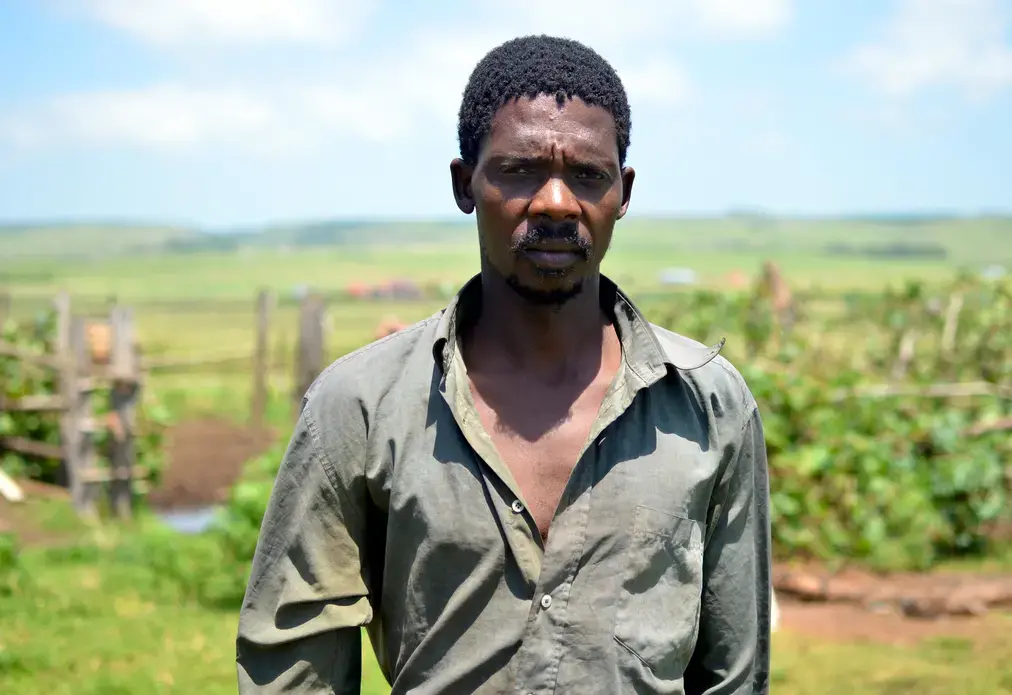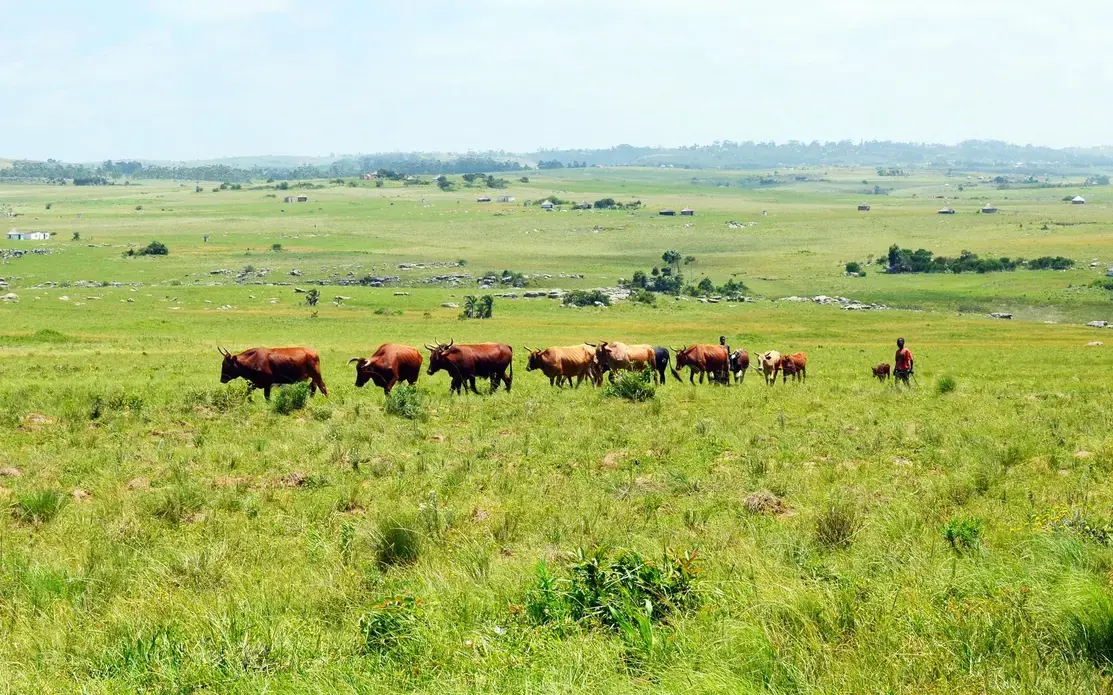JOHANNESBURG - Despite scoring major victories this year in its fight against mining near Xolobeni, the Amadiba Crisis Committee (ACC) and its allies believe neither mining companies nor the government has given up.
"No, that one is a strategy," Nonhle Mbuthuma, ACC secretary, said of a proposed moratorium that could halt attempts to mine along the Wild Coast.
She recently met the Saturday Star with a bodyguard at her side throughout the conversation.
"The government, the mining company are working hand in hand to make sure the mining takes place."
A community coalition continues to fight the proposed mine in court, while residents in Eastern Pondoland brace for the next wave of fighting, which is expected to include both words as well as guns.
The Amadiba community fought to keep mining off its land for nearly two decades before the murder of ACC chairman Sikhosiphi "Bazooka" Radebe in March suddenly brought the national spotlight to this group of villages.
In July, the Australian mining company attempting to mine sand to produce titanium announced it would fully divest from the project, noting the area's violence.
When the Department of Mineral Resources published its intentions to place a moratorium on mining the area only two months later, it looked as if those opposing the mine had won the day.
On September 15, Mineral Resources Minister Mosebenzi Zwane outlined an 18-month moratorium, which would preclude any company from receiving decisions on mining right applications in the area and would temporarily halt new mining applications.
Attorney Henk Smith of the Legal Resources Centre (LRC) represents the community and he remains sceptical of the moratorium. "We don't know if the minister has issued a moratorium or not. They won't answer us on that question."
Before the moratorium announcement, the Australian Stock Exchange-listed Mineral Commodities Ltd (MRC) entered into a memorandum of understanding with its BEE partner to divest its interest in Transworld Energy and Resources (SA) Pty Ltd (TEM) – the company that owns the proposed project near Xolobeni.
"In light of the ongoing violence and threats to the peace and harmony of the local Xolobeni community, the company accepts that the future viability of the Xolobeni Project should be managed by stakeholders and organisations exclusively owned by South African people," MRC said.
However, the most recent company reports updated in July revealed that Mark Caruso, MRC's chief executive, remained a director of TEM.
MRC declined to comment, citing its divestment.
As in many mining areas around the country, the villages near Xolobeni subsist on communal land, meaning engagement with traditional authorities would not necessarily guarantee a company the right to mine.
"Generally speaking, the mining house and government believe mining rights trump land rights," Smith said.
According to Mbuthuma, MRC initially engaged with the community properly, but the response to the mine was largely negative. She alleged the company then tried gaining the king's approval before finding support from Chief Lunga Baleni.
Baleni went to the police in 2014 to explain his side of the story under oath.
According to his affidavit, in 2010 one of his father's wives initiated legal action in a bid to remove him from the position of chief. He said a local businessman called Zamile Qunya paid for the legal action against him.
Allegedly, two years later Qunya told Baleni the case would be dropped if Baleni came on board the mining project. Baleni said he was also offered four percent of the mining profits. "The chance of retaining my chieftaincy, as well as the additional profit to be gained by the titanium mining appealed to me. However, I did have reservations."
A meeting with MRC's Caruso convinced him the mine would bring local jobs and economic development, so Baleni began working to bring mining to Amadiba.
"Despite my efforts, the community remains divided."
According to company reports, Baleni now sits as a director of TEM in addition to the Xolobeni Empowerment Company (Pty) Ltd, which was meant to bring profit to the community. Qunya is listed as the director of another related BEE company as well as an employee of MRC's South African subsidiary.
"In Pondoland, it's communal land. It's not the chief's land. It's not the state's land. The chief is looking after the land for the community. He has no right to take any decision without the approval of the community," Mbuthuma said.
Mbolwa Divele lives with his family on a windswept hill near the coast and he does not support the company's mining bid. "Before the mining company came here we were peaceful. The people were friendly.
"Now it is not the same," Divele said, adding that community members at this point are either for the mine or against it.
He said it is clear who is for the mine because people will suddenly and inexplicably be provided with food, money and guns.
In one of the community's legal cases, residents are asking for a declarator saying that the community must consent before activities such as mining can commence on their land. According to Smith, this argument has never before been attempted in a South African court.
Duduzile Baleni, the headwoman of the Umgungundlovu iNkosana Council, is the first named applicant in the case against TEM, the minerals department and five other government respondents.
In her founding affidavit, she said: "The applicants and the community have not consented to the proposed mining activities."
"Mining within the proposed mining area will displace community members from their homes and from their land and will deprive them of their livelihoods and means of subsistence and have a significant impact on their way of life."
According to court papers, the proposed mining area is 28590000m2 on a strip of coast 22km long and extending about 1.5km inland.
"I live here. I'm born here. My ancestors are here. The mining company is coming here to take that," Divele said. "There is land in Australia. Go dig there, not here."
Proposed legislation called the Traditional and Khoi-San Leadership Bill that is working its way through Parliament is meant to better define land rights in communal areas and protect the claim to land of residents such as Divele. However, opponents of the bill argue it would bestow too much power on select traditional authorities.
In areas such as Pondoland where traditional authorities must abide by the mandates of the community, this power could contradict customary law. Public hearings on the bill are scheduled in the new year.
Neither TEM nor Qunya could be reached for comment by the time of publication.














